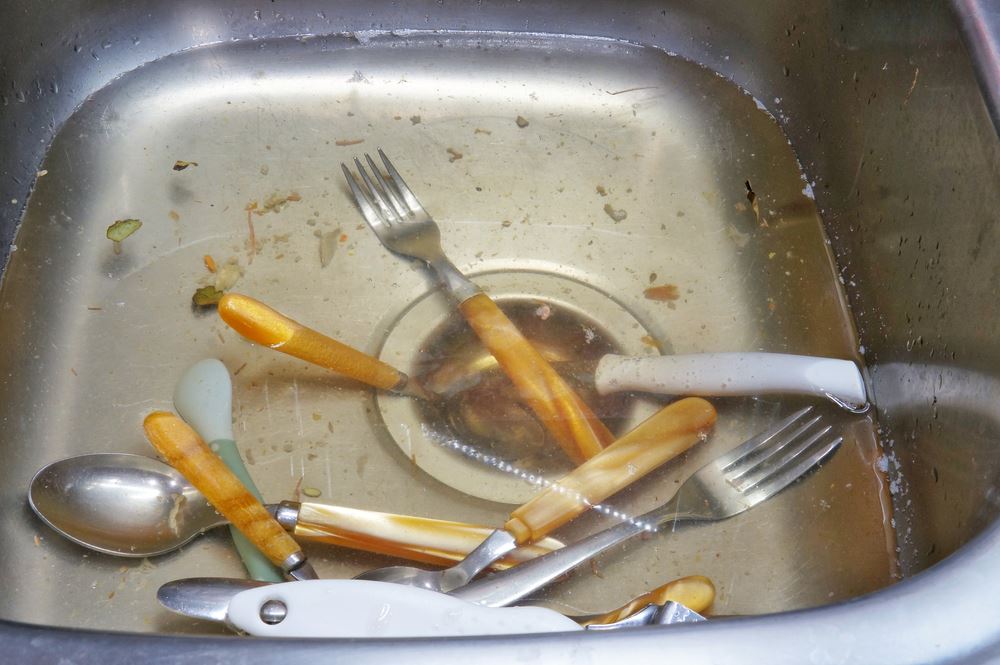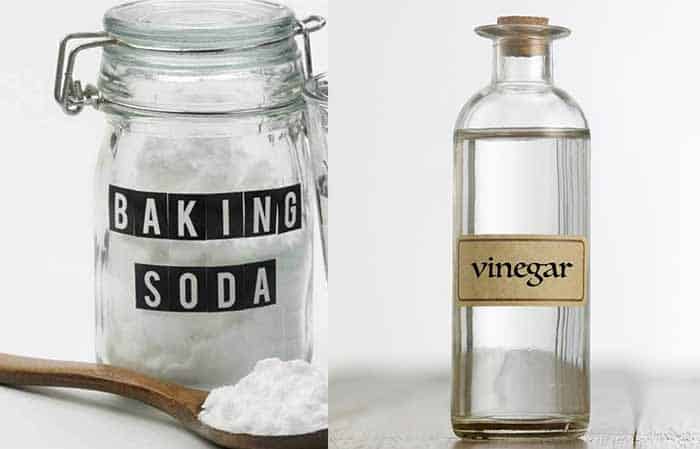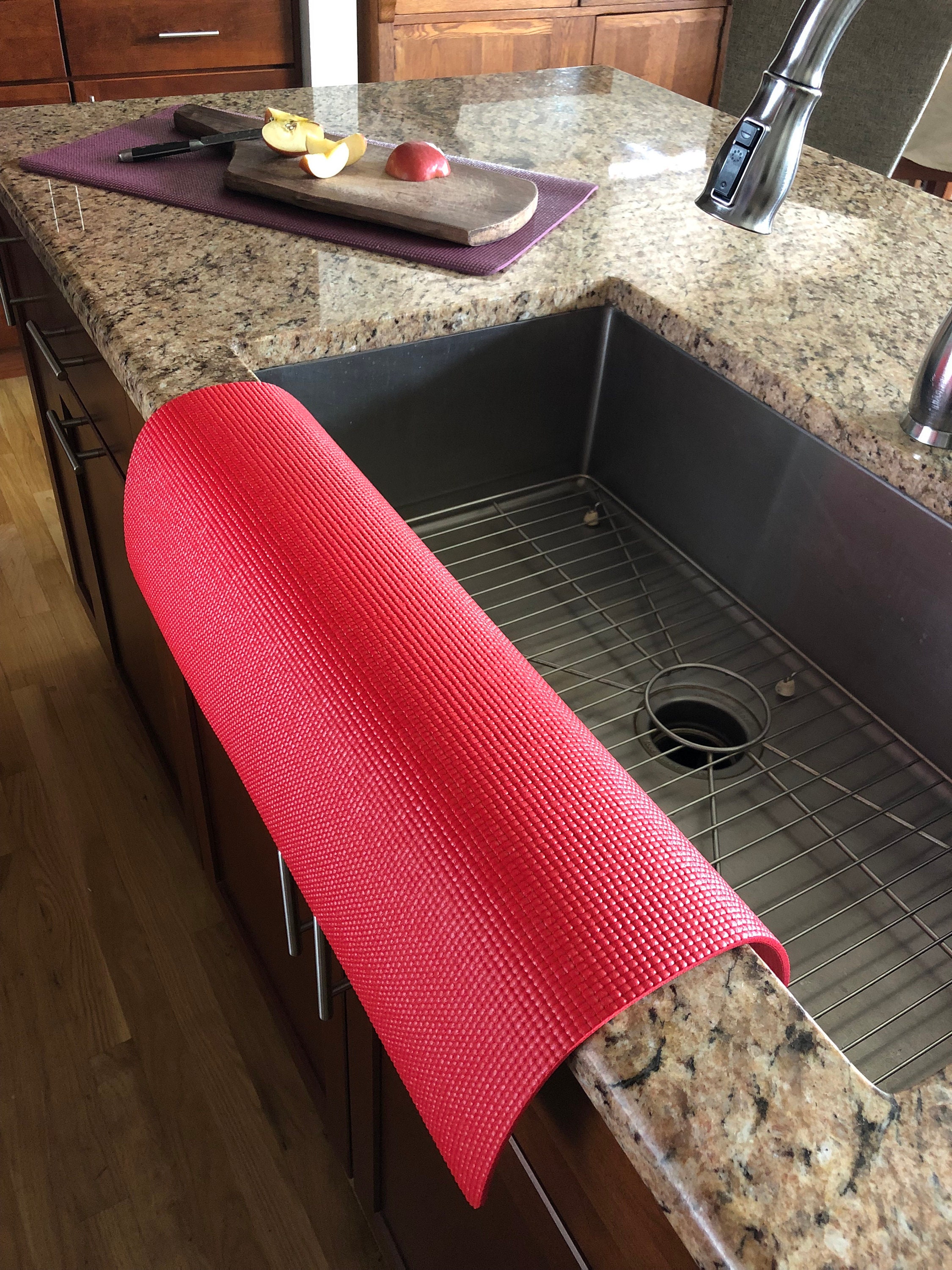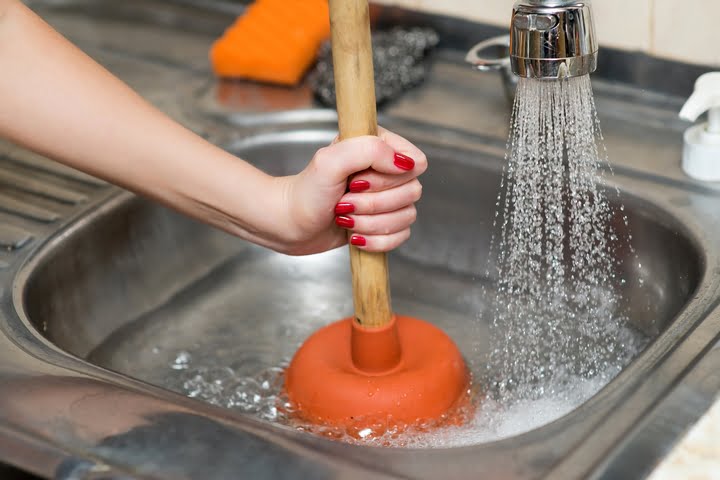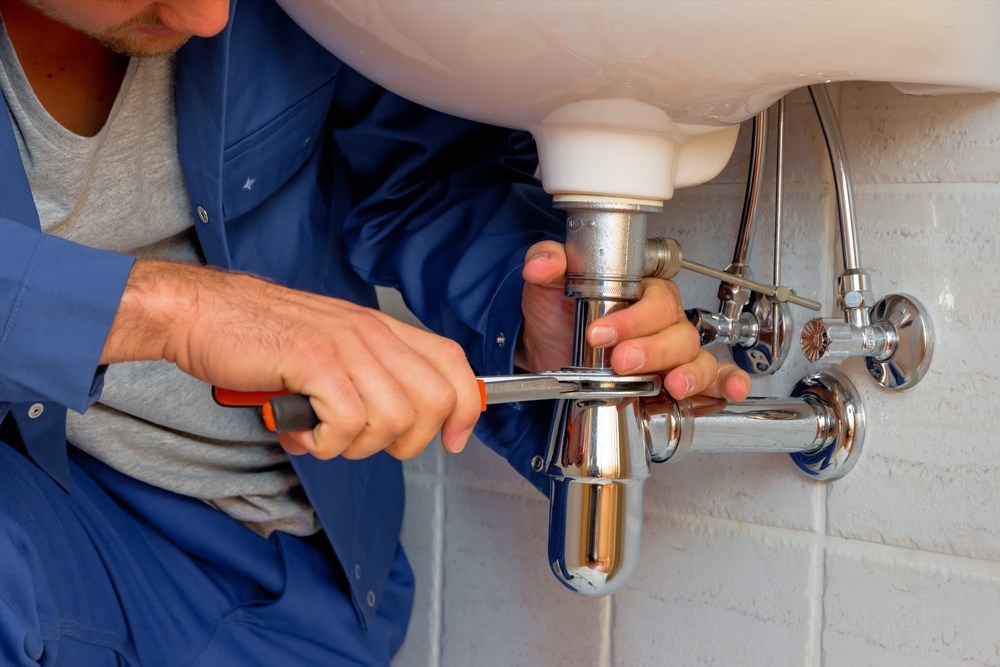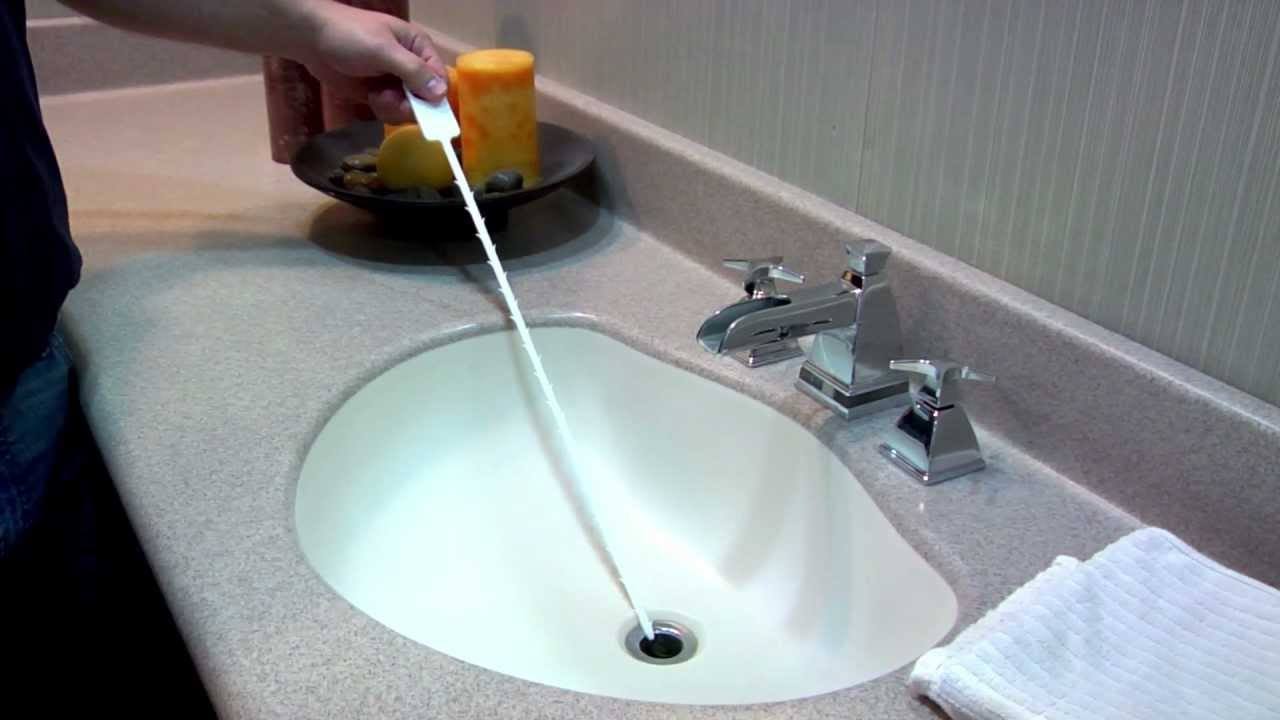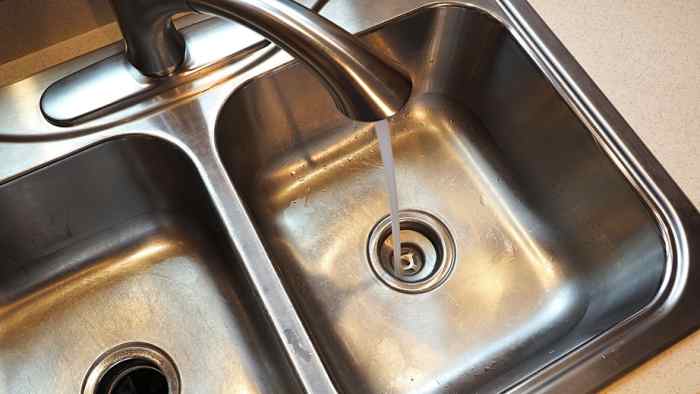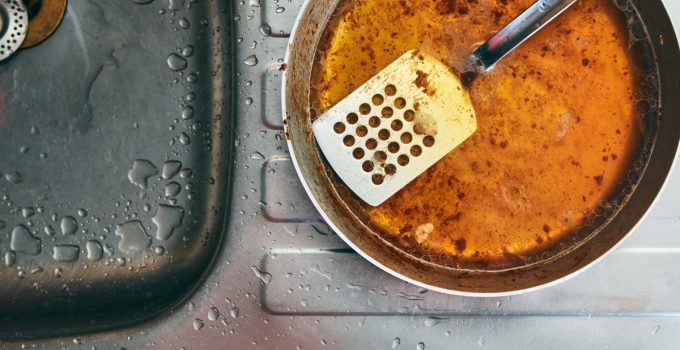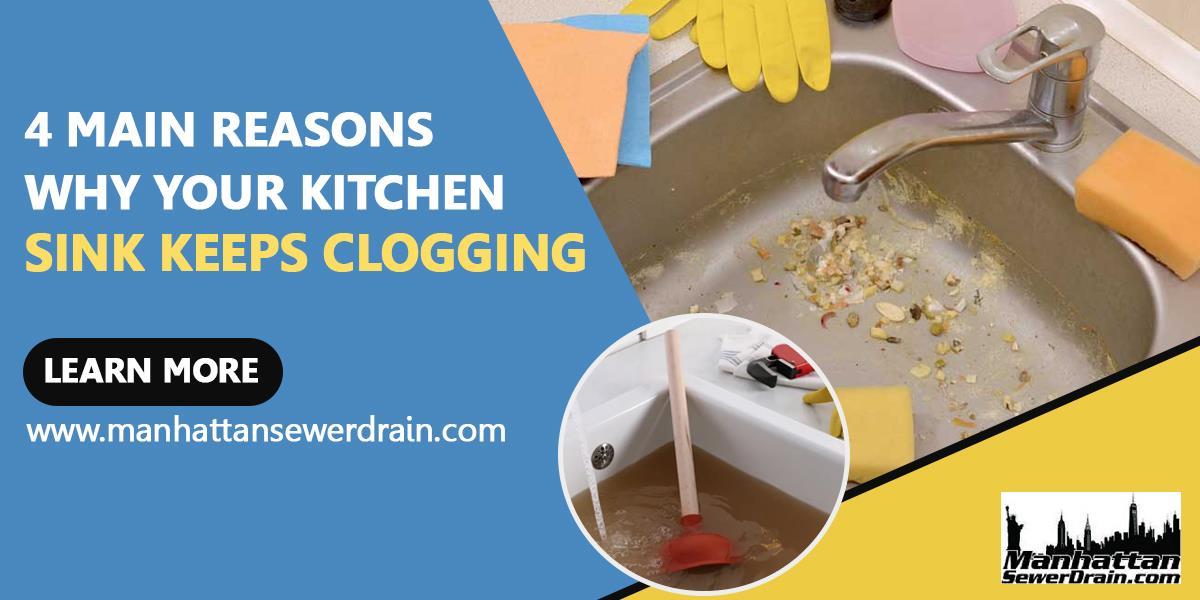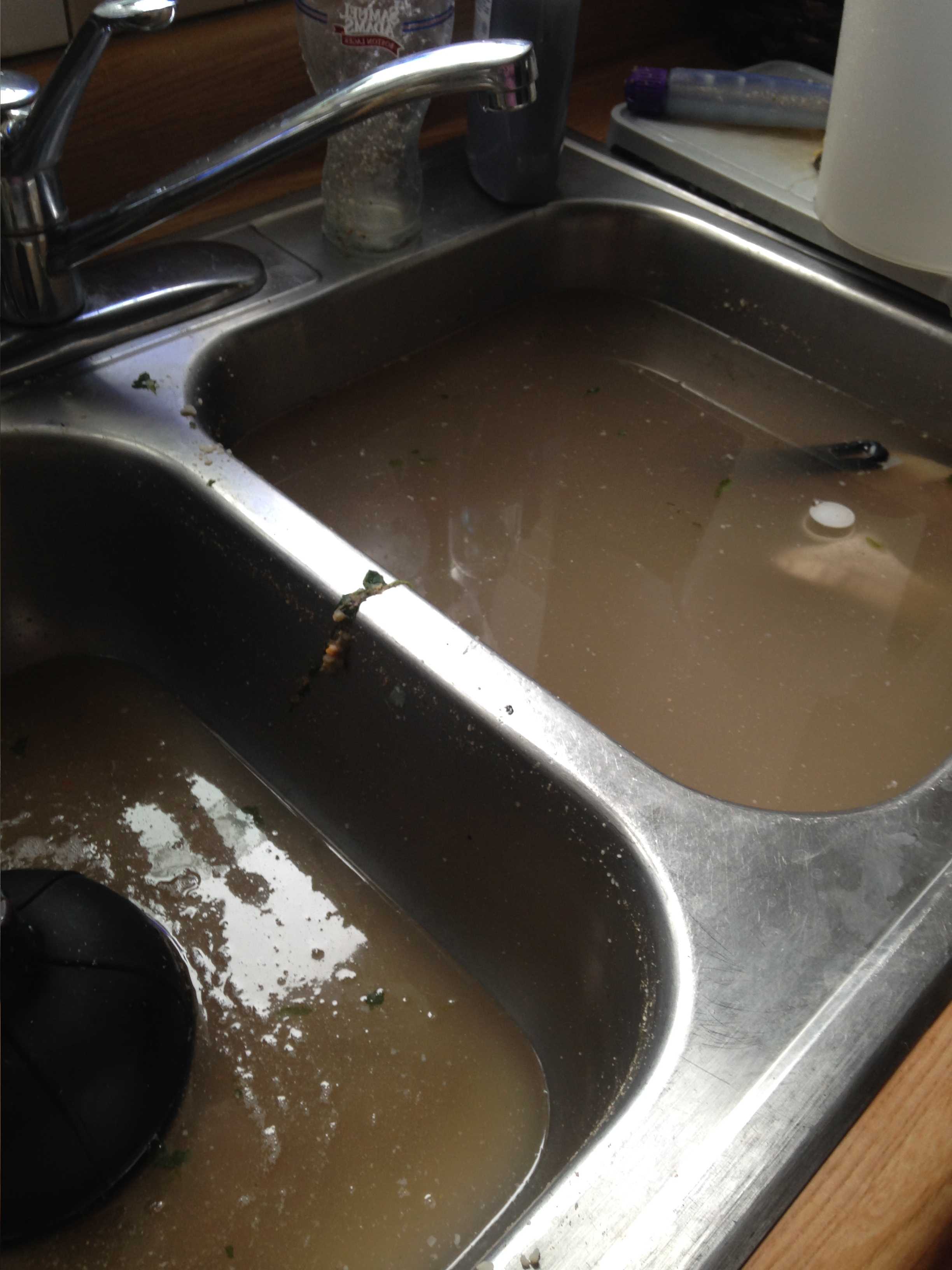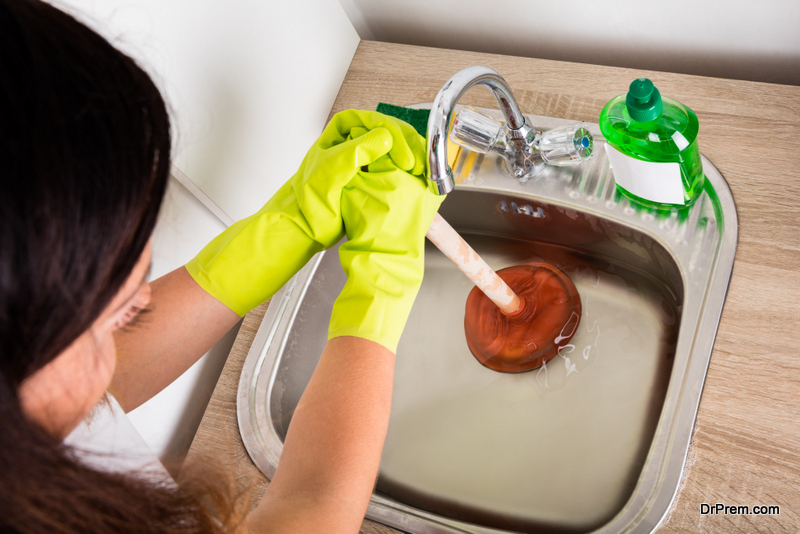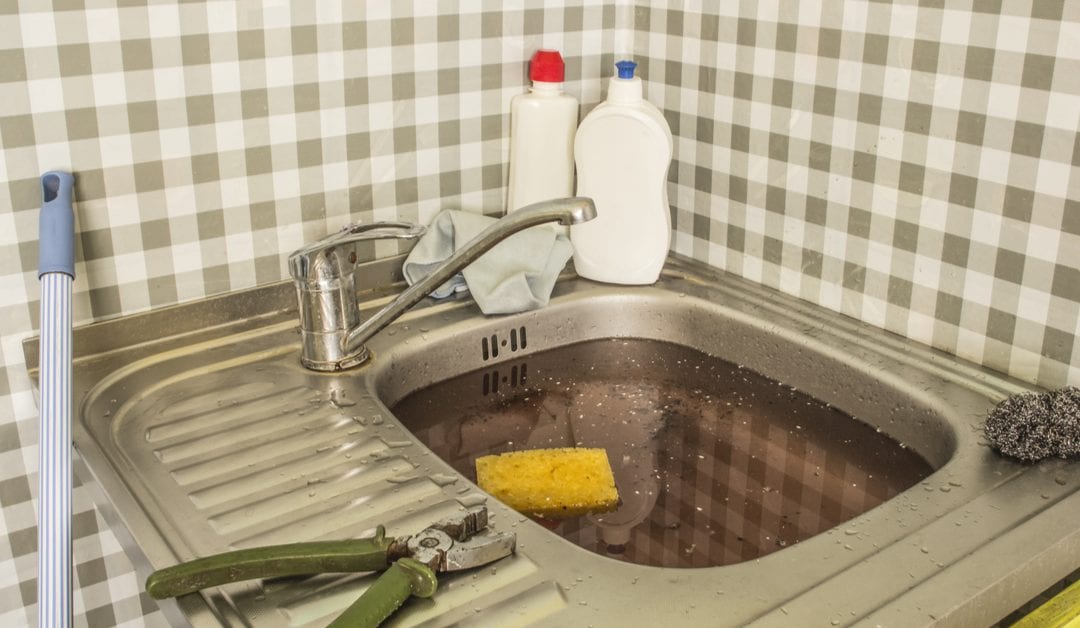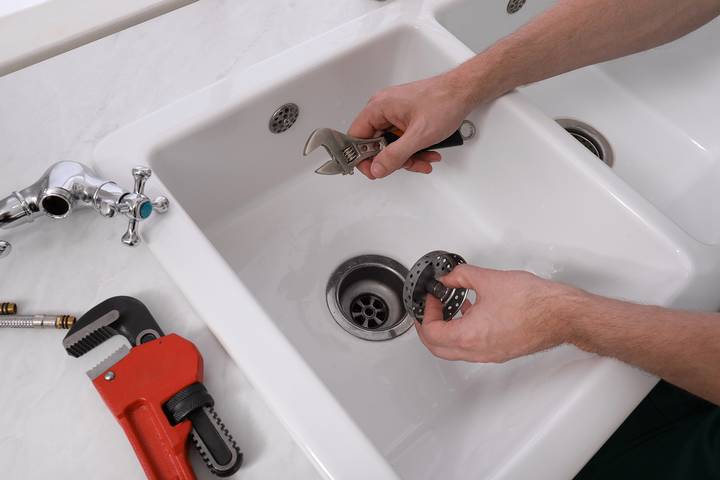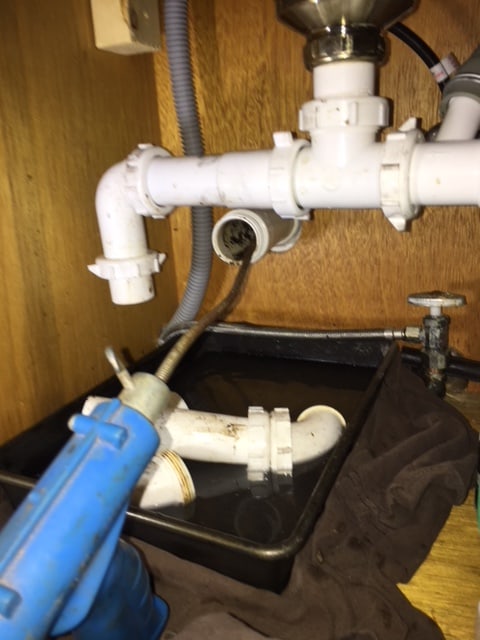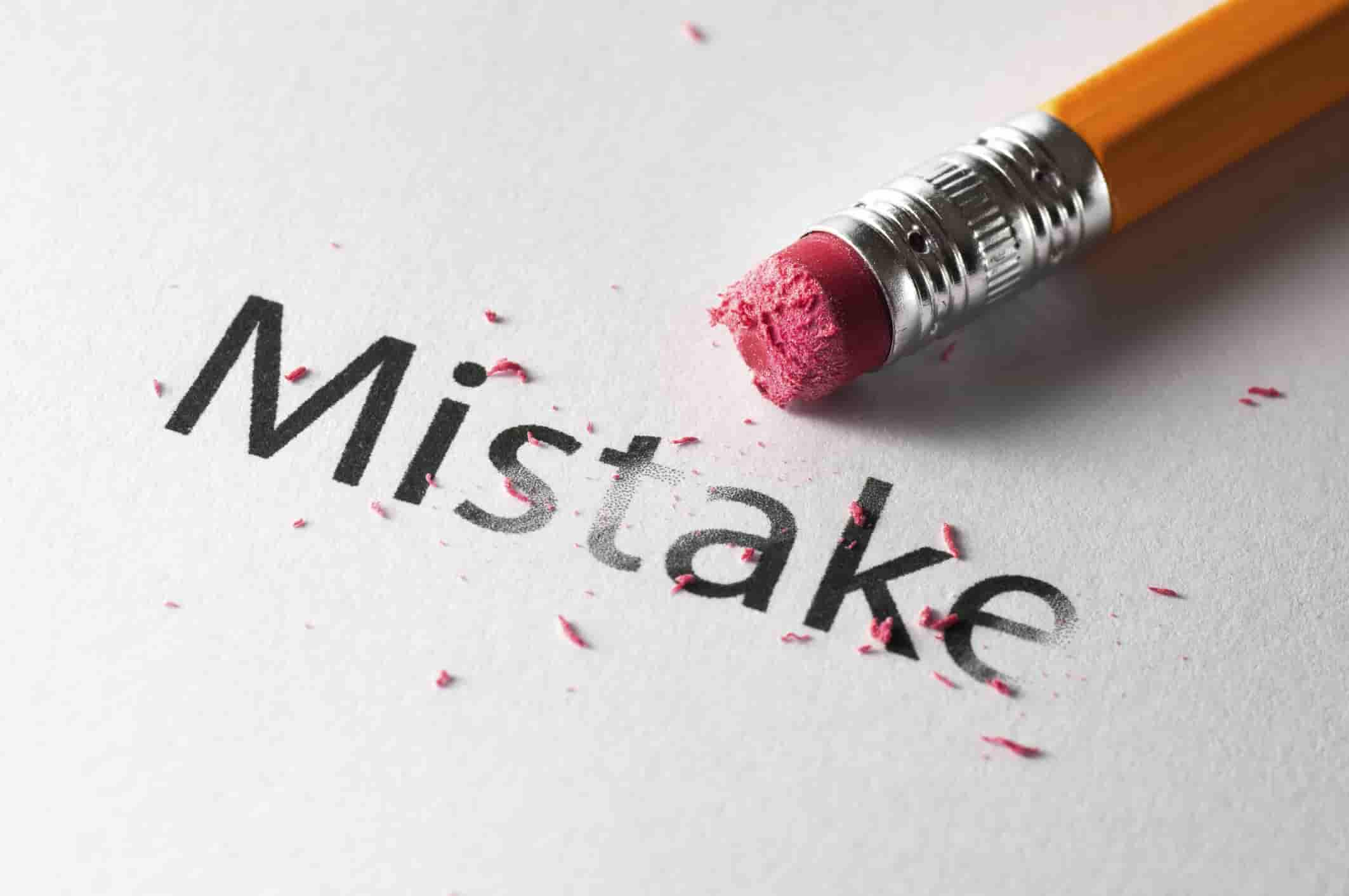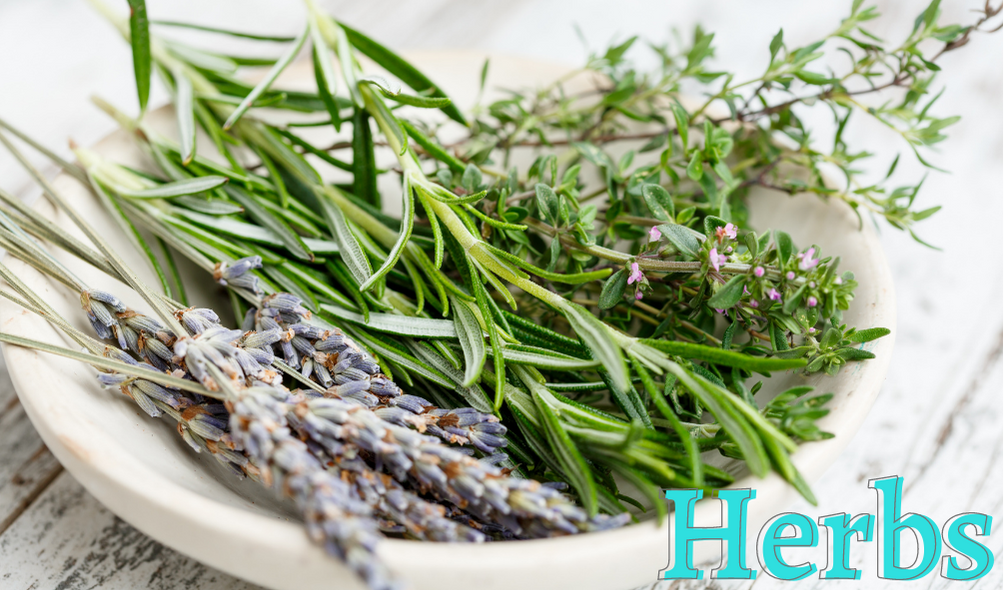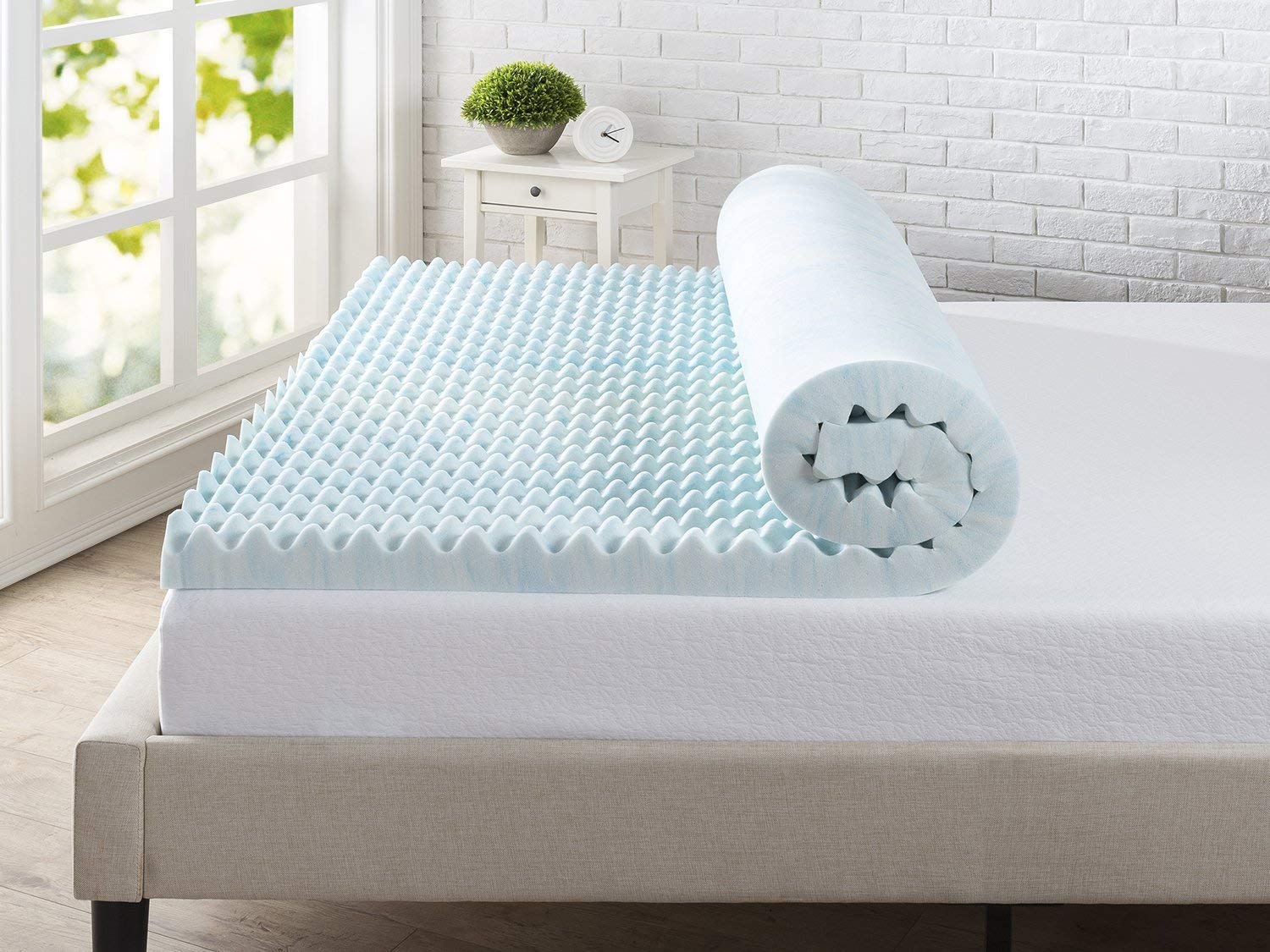1. How to Unclog a Kitchen Sink Full of Water
If you've ever experienced a clogged kitchen sink, you know how frustrating it can be. Not only does it prevent you from using your sink, but it also leaves you with a pool of standing water that can quickly become a breeding ground for bacteria and unpleasant odors. But fear not, because with a few simple steps, you can quickly unclog your kitchen sink and get back to your daily routine.
2. DIY Methods for Clearing a Clogged Kitchen Sink
Before calling in a professional plumber, try using some DIY methods to clear your clogged kitchen sink. One common method is using a plunger to create suction and dislodge the clog. Make sure to cover the overflow drain with a wet cloth to ensure maximum suction. Another way is to use a mixture of hot water and dish soap to break down any grease or debris that may be causing the clog.
3. What Causes a Kitchen Sink to Become Clogged?
Understanding the root cause of a clogged kitchen sink can help you prevent it from happening in the future. Some common causes include food scraps, grease, and soap scum building up in the pipes. It's essential to avoid putting large food particles and oils down the drain and regularly clean your sink to prevent clogs from forming.
4. Using Baking Soda and Vinegar to Unclog a Kitchen Sink
If you prefer using natural remedies, try using a mixture of baking soda and vinegar to unclog your kitchen sink. Start by pouring a cup of baking soda down the drain, followed by a cup of vinegar. Let the mixture sit for about 15 minutes, then pour hot water down the drain to flush out the clog. This method is safe for your pipes and environment-friendly.
5. Professional Plumbing Services for a Clogged Kitchen Sink
If DIY methods don't work, it may be time to call in a professional plumber. They have the necessary tools and expertise to quickly and effectively clear your clogged kitchen sink. They can also identify any underlying issues with your plumbing system that may be causing the clogs and prevent them from happening in the future.
6. Tips for Preventing a Clogged Kitchen Sink
Prevention is always better than cure when it comes to clogged kitchen sinks. To avoid future clogs, make sure to scrape food scraps into the trash and wipe away any excess grease from dishes before washing them. You can also use a drain cover to catch any debris that may go down the drain. Regularly cleaning your sink and using a garbage disposal can also help prevent clogs from forming.
7. How to Use a Plunger to Clear a Clogged Kitchen Sink
Using a plunger to clear a clogged kitchen sink may seem straightforward, but there are a few things to keep in mind to ensure it's effective. Start by filling the sink with a few inches of water, then place the plunger over the drain. Push and pull the plunger in a steady motion to create suction and dislodge the clog. It may take a few tries, but eventually, the clog should clear.
8. Natural Remedies for a Clogged Kitchen Sink
If you prefer using natural remedies, there are a few other options to try besides baking soda and vinegar. For example, you can try pouring boiling water down the drain to melt any grease or using a mixture of salt and baking soda to break down food particles. Just be careful not to mix different ingredients, as they may react and cause damage to your pipes.
9. Signs That Your Kitchen Sink is Clogged and Needs Attention
It's essential to address a clogged kitchen sink as soon as possible to prevent further damage and costly repairs. Some common signs that your sink is clogged include slow drainage, a foul smell coming from the drain, and standing water in the sink. If you notice any of these signs, it's best to take action right away to avoid more significant issues.
10. Common Mistakes to Avoid When Trying to Unclog a Kitchen Sink
When it comes to unclogging a kitchen sink, there are a few mistakes that people often make that can make the situation worse. For example, using chemical drain cleaners can damage your pipes and harm the environment. Also, using too much force when using a plunger can cause the pipes to burst. It's always best to take a gentle and cautious approach when trying to unclog your kitchen sink.
How to Avoid a Clogged Kitchen Sink and Keep Your House Design on Point
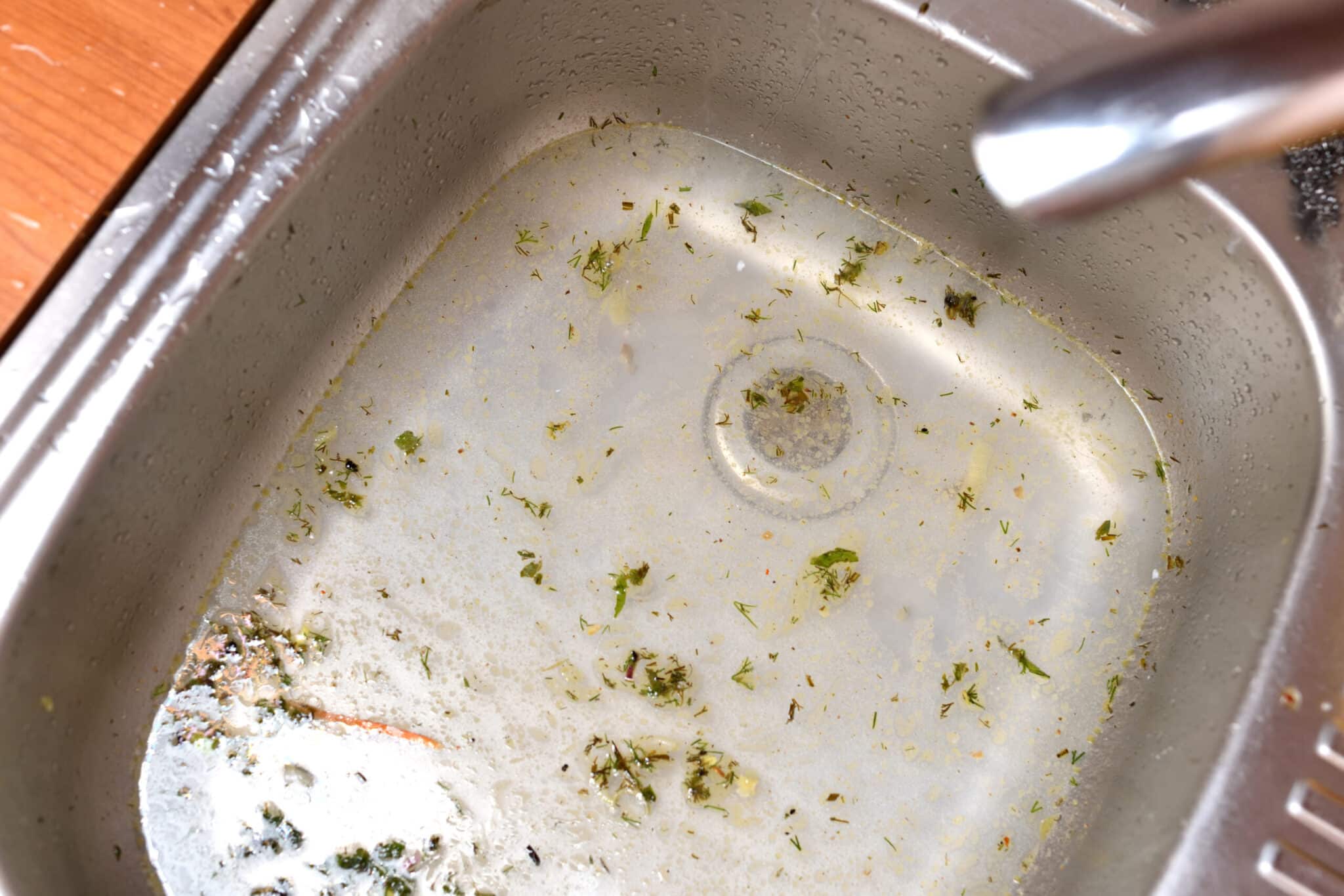
Maintaining a functional and visually appealing kitchen
 Having a clogged kitchen sink can be a major inconvenience and can disrupt the flow of your daily routine. Not only can it lead to unpleasant odors and potential health hazards, but it can also ruin the overall look of your kitchen. As the heart of your home, it's important to keep your kitchen in top condition, both functionally and aesthetically. Here are a few tips to help you avoid a clogged kitchen sink and maintain a beautiful house design.
Having a clogged kitchen sink can be a major inconvenience and can disrupt the flow of your daily routine. Not only can it lead to unpleasant odors and potential health hazards, but it can also ruin the overall look of your kitchen. As the heart of your home, it's important to keep your kitchen in top condition, both functionally and aesthetically. Here are a few tips to help you avoid a clogged kitchen sink and maintain a beautiful house design.
Proper disposal of food waste
 One of the main culprits of a clogged kitchen sink is food waste. To prevent this, always remember to
dispose of your food waste properly
. Avoid pouring grease, oil, and coffee grounds down the sink as they can solidify and cause blockages. Instead, scrape food scraps into the trash or compost bin. You can also use a sink strainer to catch any small food particles that may go down the drain.
One of the main culprits of a clogged kitchen sink is food waste. To prevent this, always remember to
dispose of your food waste properly
. Avoid pouring grease, oil, and coffee grounds down the sink as they can solidify and cause blockages. Instead, scrape food scraps into the trash or compost bin. You can also use a sink strainer to catch any small food particles that may go down the drain.
Regular cleaning and maintenance
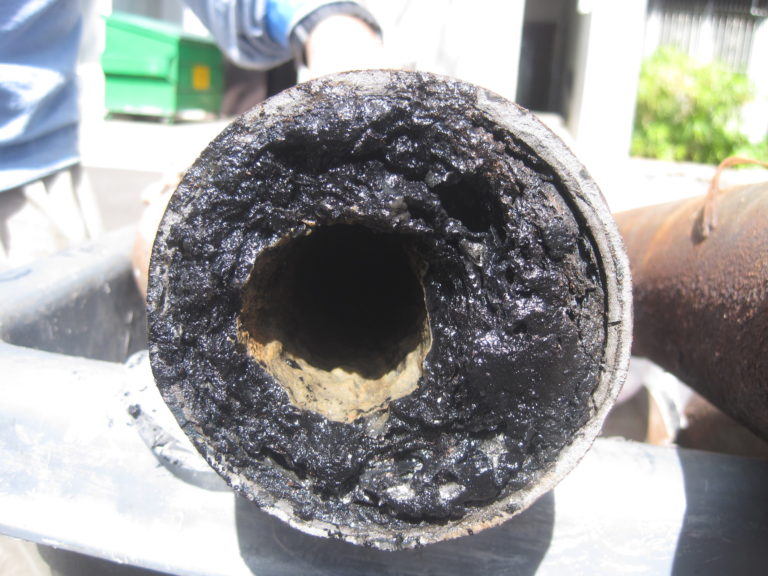 Keeping your kitchen sink clean and well-maintained is crucial in preventing clogs. Regularly
clean your sink and drain
with hot water and soap to remove any buildup of grease and grime. You can also use a mix of baking soda and vinegar to unclog and deodorize your drain. Additionally, make sure to check your pipes for any leaks or cracks that may lead to bigger problems in the future.
Keeping your kitchen sink clean and well-maintained is crucial in preventing clogs. Regularly
clean your sink and drain
with hot water and soap to remove any buildup of grease and grime. You can also use a mix of baking soda and vinegar to unclog and deodorize your drain. Additionally, make sure to check your pipes for any leaks or cracks that may lead to bigger problems in the future.
Be mindful of what you put down the drain
 In addition to food waste, there are other items that should never be put down the drain. This includes items such as paper towels, wipes, and feminine hygiene products. These can easily cause clogs and damage to your pipes.
Be mindful of what you put down the drain
and always dispose of these items in the trash.
In addition to food waste, there are other items that should never be put down the drain. This includes items such as paper towels, wipes, and feminine hygiene products. These can easily cause clogs and damage to your pipes.
Be mindful of what you put down the drain
and always dispose of these items in the trash.
Install a garbage disposal
 If you frequently cook at home, consider installing a garbage disposal to help with food waste. This device grinds up food scraps into small pieces that can easily flow through your plumbing. However, it's important to remember that not all food can be disposed of in a garbage disposal. Hard items like bones and fruit pits should still be thrown in the trash.
In conclusion, having a clogged kitchen sink is not only inconvenient but can also affect the overall look and functionality of your kitchen. By
properly disposing of food waste, regularly cleaning and maintaining your sink, being mindful of what goes down the drain, and installing a garbage disposal
, you can prevent clogs and keep your house design on point. Remember, a little bit of maintenance can go a long way in keeping your kitchen sink running smoothly.
If you frequently cook at home, consider installing a garbage disposal to help with food waste. This device grinds up food scraps into small pieces that can easily flow through your plumbing. However, it's important to remember that not all food can be disposed of in a garbage disposal. Hard items like bones and fruit pits should still be thrown in the trash.
In conclusion, having a clogged kitchen sink is not only inconvenient but can also affect the overall look and functionality of your kitchen. By
properly disposing of food waste, regularly cleaning and maintaining your sink, being mindful of what goes down the drain, and installing a garbage disposal
, you can prevent clogs and keep your house design on point. Remember, a little bit of maintenance can go a long way in keeping your kitchen sink running smoothly.










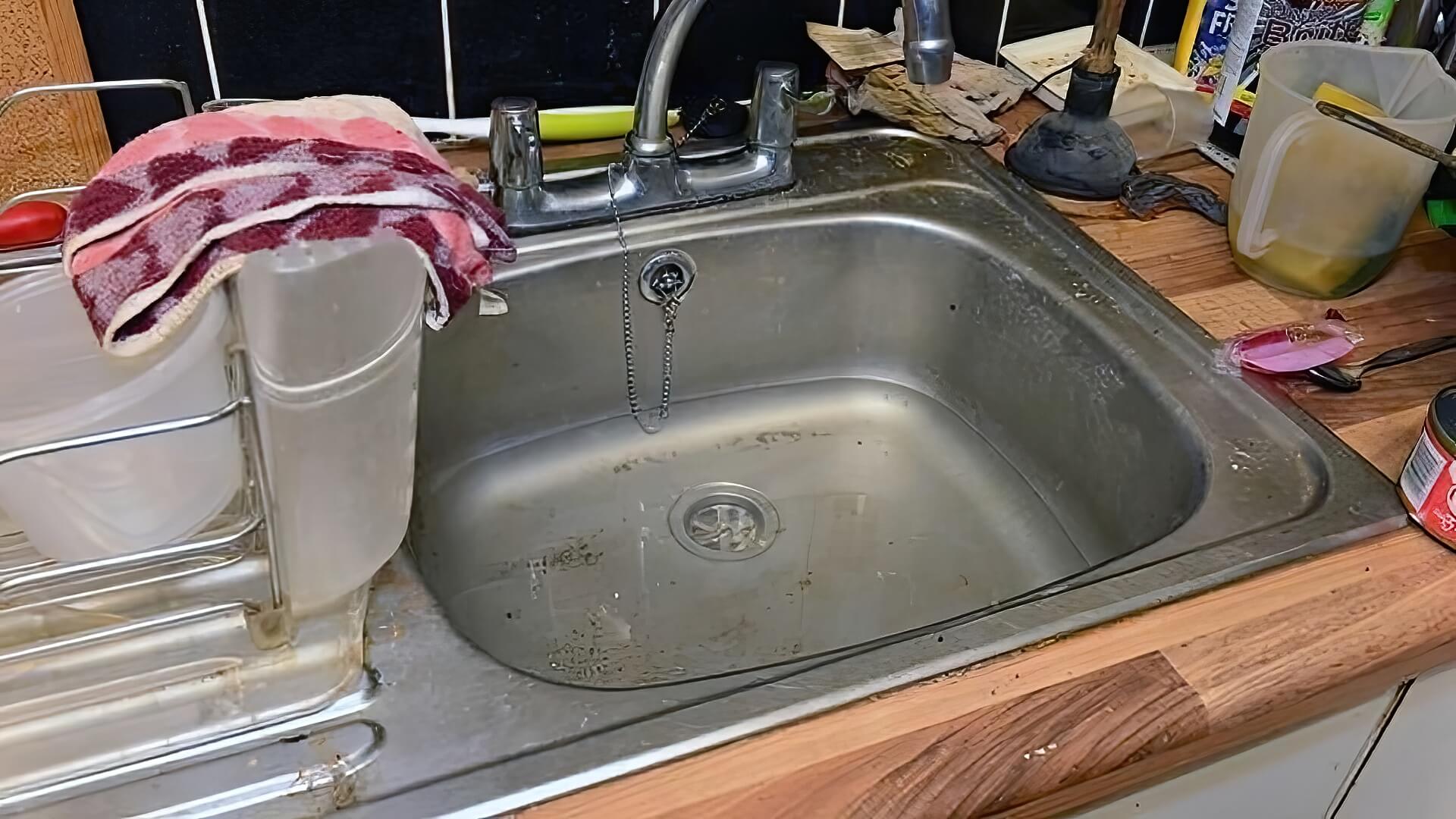




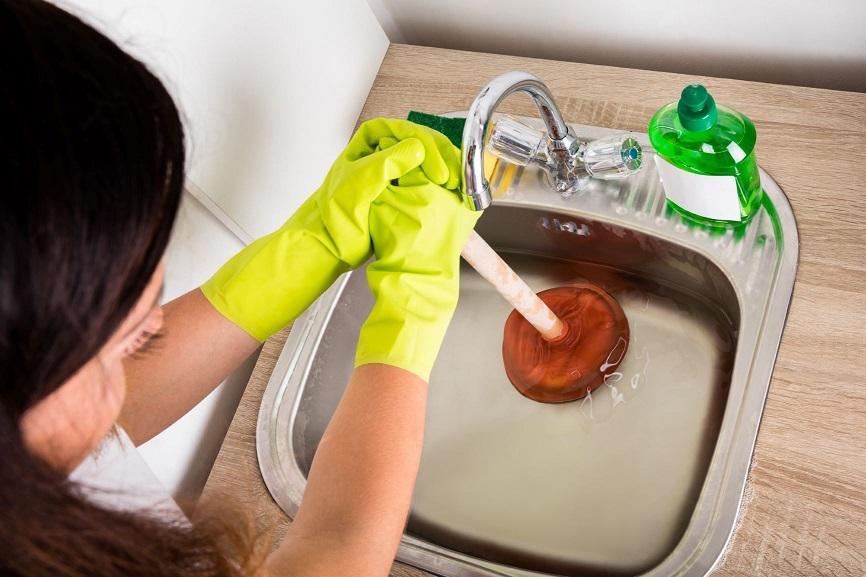

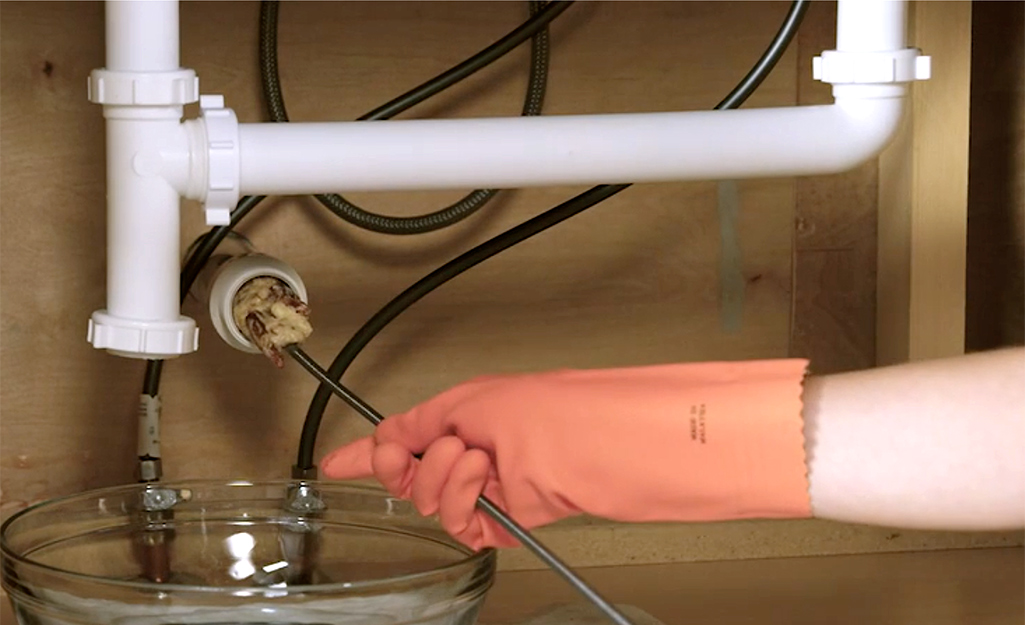

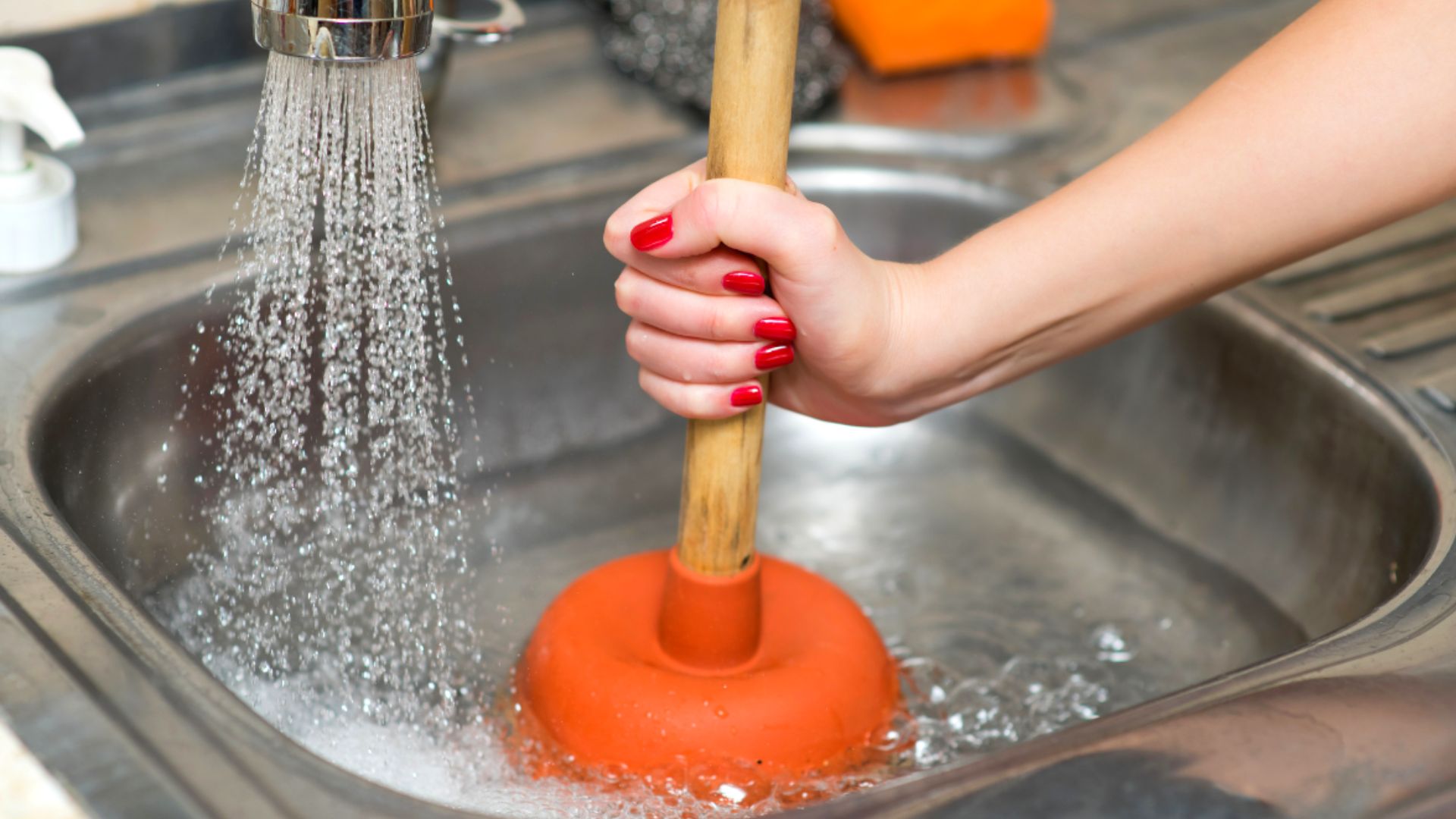










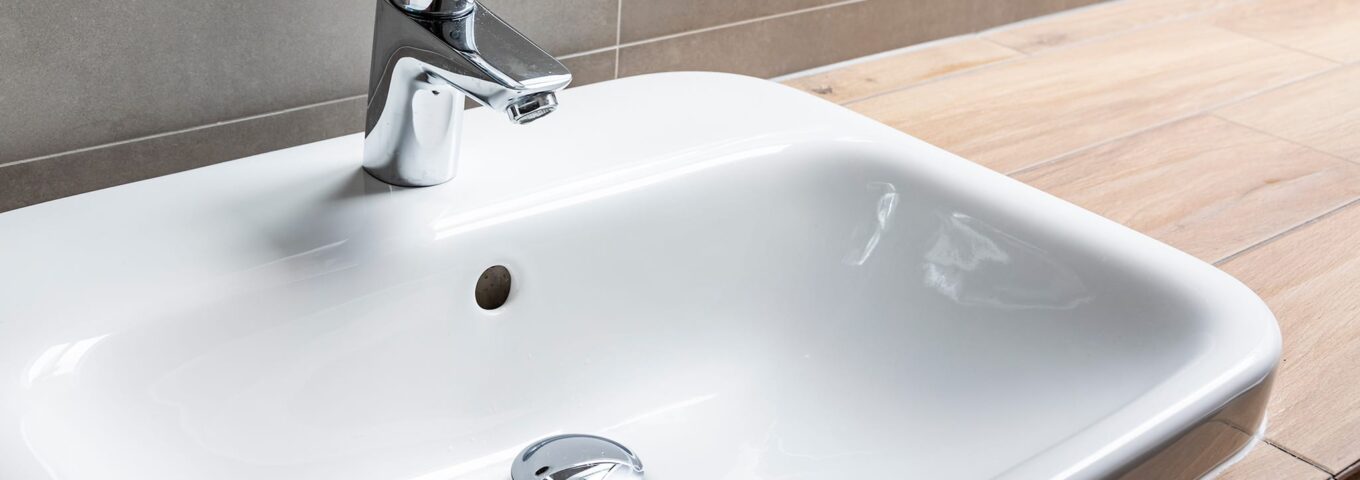






:max_bytes(150000):strip_icc()/freshen-and-unclog-drain-with-baking-soda-1900466-22-bbf940b70afa4d5abef0c54da23b1d3f.jpg)
